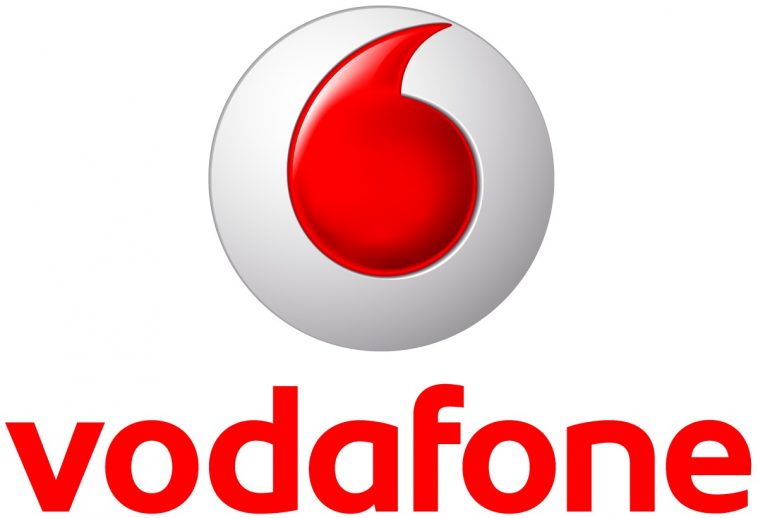Vodacom’s attempt to acquire a 30% stake in Maziv, the parent company of Vumatel and Dark Fibre Africa (DFA), for over R13 billion has encountered a significant setback. The Competition Tribunal has officially blocked the deal, stating that it would lead to permanent harm to competition.
Though it took some time for the Tribunal to release their full reasoning (due to the case file being over 21,000 pages long), the core message is unmistakable: this deal would be detrimental to competition and ultimately disadvantage South Africans who rely on Internet services.
The Tribunal highlighted that Vodacom’s stake in Maziv would give the company excessive control, influencing everything from pricing to market competition. Numerous industry players opposed the deal, arguing that it would eliminate competitors, reduce customer options, and provide Vodacom with an unfair edge in both the fibre and mobile markets. While some suggested potential remedies, the Tribunal was not persuaded. They believed that no set of conditions could effectively manage the risks that this merger would create.
Why was Vodacom so determined to proceed with this deal? The Tribunal investigated and found that Maziv was concerned about Vodacom becoming a direct competitor, while Vodacom was seeking to secure a significant portion of future fibre revenue. As more households shift from mobile data to fibre, Vodacom feared losing substantial revenue. Thus, buying into the largest fibre provider seemed like the best way to stay ahead.
The Tribunal also examined the potential outcomes if the deal did not go through, concluding that Vodacom would likely build its own fibre network, thereby increasing competition. However, if the deal were allowed, Vodacom would control a substantial portion of the market, which would likely decrease competition in both fibre and mobile broadband. The Tribunal also noted that Vodacom might delay its push for 4G and 5G fixed wireless access, as owning fibre would be more profitable.
Another significant concern was DFA’s role in South Africa’s telecommunications infrastructure. As DFA provides fibre connections to other mobile operators, allowing Vodacom to enter could create unfair advantages, making it more difficult or expensive for competing networks to access the same infrastructure. The Tribunal stated that this could severely harm competition in both mobile and broadband services in the long term.
Ultimately, the Tribunal concluded that while the deal might offer some short-term benefits, its long-term effects on competition would be too harmful. They rejected the proposed conditions from Vodacom and Maziv, deeming them too complex to enforce. The only positive takeaway was that the Tribunal found no negative impact on employment, meaning no jobs would be lost as a result of the decision.
Stay Ahead with TechInAfrica!
Join our WhatsApp Channel for the latest updates on tech, startups, and venture capital across Africa! From Cairo to Cape Town, Lagos to Nairobi—we cover all 54 countries!


 We just launched our WhatsApp channel. Want to get the latest news from the Tech in Africa?
We just launched our WhatsApp channel. Want to get the latest news from the Tech in Africa?






